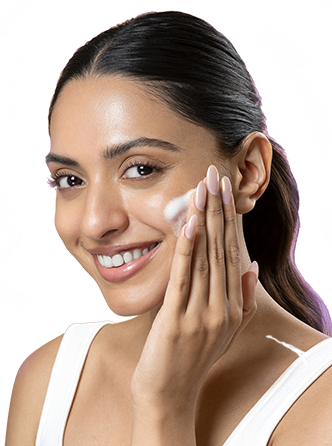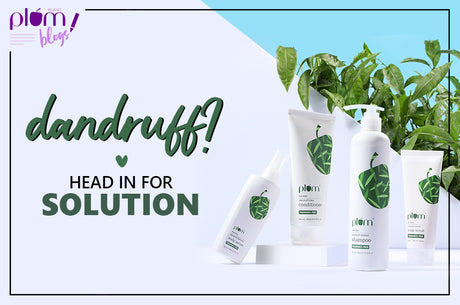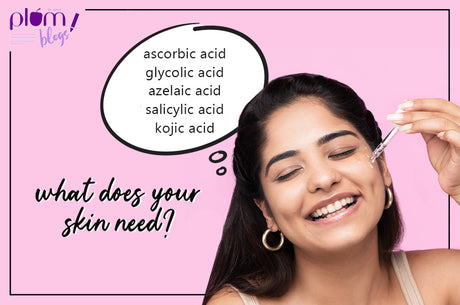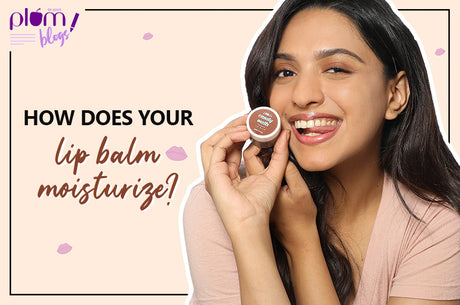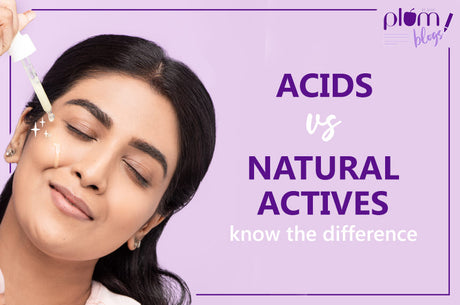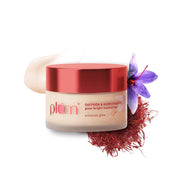
Alcohols are commonly found in many skin care products. But isn't it true that alcohol dries skin? What if we told you that there are some alcohols that help keep skin moisturized? Sounds strange? Here's how to tell which alcohols help, and which one harm.
Will alcohol content in my skin care products damage my skin?
Short answer: Depends. There’s a good chance it could.
Long answer: It depends on several factors. Some of the main ones are:
- Which alcohols are present in your product (Related: How do I read ingredient lists?)
- In what concentration they are present
- Whether any given product suits YOU
Here's how to decide
Alcohols are of many different kinds. Not all of them are harmful.
Simple alcohols
These are harmful. These mainly consist of ethanol, which is most often listed as SD alcohol, isopropyl alcohol, alcohol denat or denatured alcohol. They dry and irritate the skin and must be avoided. Even if you have oily skin! There are a lot of great alcohol-free AND non-sticky alternatives out there for oily skin. (Related: A step-by-step guide to care for oily skin)
Fatty alcohols
These are harmless and even beneficial. Names of fatty alcohols like cetyl, stearyl, and cetearyl alcohol are common in many creams and moisturizers. If your product contains any of these, you don't have to worry. These alcohols are usually derived from vegetable oils. They moisturize and hydrate the skin without harmful side effects.
How much alcohol is ok?
How do I know how much is too much? One way to tell how much alcohol is there in the product, is to look at the ingredient list. Ingredients are usually listed in descending order - highest concentration first. A rough guide: if alcohol appears close to the top half of the list, its concentration in that product is likely to be high and is harmful for your skin. You should look to avoid the product. If not, maybe the concentration is not that high. So you can use it once; see if your skin reacts to the product. If not, you can continue to use it. It's of course best that you look for alcohol-free alternatives.
Suitability of the product - how to tell
Patch test
It's always a good idea to do a small patch test before you use any product. Apply a small amount of the product on your forearm or behind your ear. Wait for 15-20 mins and look for redness, irritation or other signs of sensitization.
Elimination test
If something doesn't seem right with your skin, eliminate one (only one) product at a time, and observe the impact after 3 days (not earlier). You can identify the product that's not suiting you, and in all probability, the ingredient in the list that's not going well with your skin type. (Related: 10 commandments for sensitive skin)
In summary
In conclusion, simple alcohols are bad for your skin, fatty alcohols can be beneficial for your skin. But you must also watch out for alcohol concentration in a product, suitability of the product for you (based on available information) before purchasing a product. After purchase, see how the product suits you (based on your actual experience with the product). If it suits you well, continue using it. If it does not, try to figure out what went wrong so that you can be wiser about this product and in future as well.
And do stay in touch with us with your article requests, comments and other feedback. Be good!
Related products
Green Tea Alcohol-Free TonerChamomile & White Tea Calming Antioxidant Toner
Hello Aloe Caring Day Moisturizer
Grape Seed & Sea Buckthorn Renaissance Face Mask


